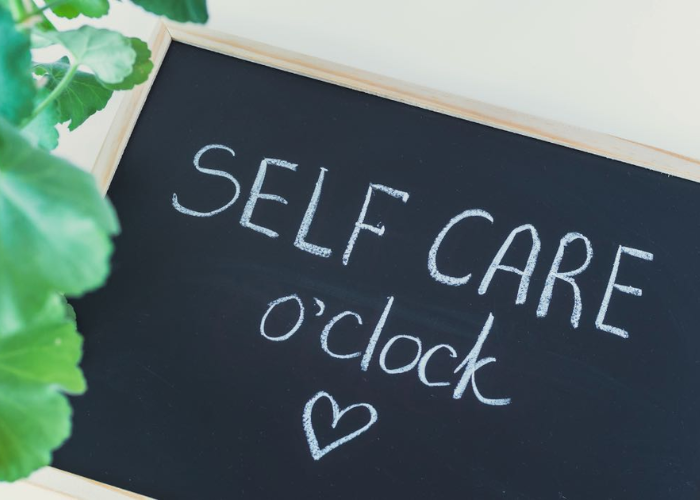Self-care is something that many of us struggle to fit into our daily lives. We often prioritize the needs of others over our own, leaving us feeling drained and overwhelmed. While it can be difficult to find the time or energy to take care of ourselves, self-care is important for both our physical and mental health. This blog post will explore what self-care is, the benefits of self-care, when and how to incorporate self-care into our lives, the different types of self-care, and how to overcome obstacles that may prevent us from engaging in self-care.
What Is Self-Care?
Self-care is the practice of taking an active role in protecting one’s own wellbeing and happiness, particularly during periods of stress. It involves activities that help maintain mental, physical, and emotional health, such as getting sufficient sleep, eating healthy, and engaging in regular physical activity. It also includes activities such as self-reflection, meditation, and spiritual practices, as well as taking breaks from technology and social media. Self-care also involves engaging in activities that bring joy and relaxation, such as reading, listening to music, and spending time with family and friends.
Benefits of Self-Care
Self-care often gets a bad rap. We hear the term thrown around and think of the typical bubble baths and face masks, but self-care is so much more than that. It’s about taking care of your physical, mental, and emotional health and well-being. It’s about taking the time to nurture yourself and setting aside time to tend to your own needs. In today’s busy world, it can be difficult to make time for self-care, but it’s so important and can have a huge impact on your overall health and well-being.
The benefits of self-care are numerous. Self-care can help you to relax and reduce stress. Taking time for yourself can help you to refocus and gain clarity. It can also help to reduce fatigue and improve your mood. Self-care can also help to boost your self-esteem and confidence, and it can help to keep you grounded and connected to yourself.
Self-care can also help to boost your immune system and reduce some of the symptoms of stress including headaches, insomnia, and digestive issues. Self-care can also help to increase your self-awareness, which can help you to recognize your own needs and take the necessary steps to meet them.
Self-care can also help to improve your relationships with others. When you take the time to nurture yourself and tend to your own needs, you will have more energy to give to others. You will also be in a better place to identify your own boundaries and be honest and vulnerable with those around you.
Self-care also helps to boost creativity and productivity. When you take the time to nurture yourself and tend to your own needs, you will be in a better position to tackle any challenges that come your way. You will also be better equipped to come up with creative solutions and be more productive in the long run
When and How to Incorporate Self-Care
The best time to incorporate self-care into our lives is when we are feeling overwhelmed or stressed out. Taking a few moments to focus on ourselves can help us to feel more balanced and in control. Additionally, it is important to make time for self-care on a regular basis, such as scheduling a few minutes into each day to do something that we enjoy. This could include going for a walk, reading a book, getting a massage, or meditating.
Types of Self-Care
There are many different types of self-care activities, including physical, mental, emotional, and spiritual activities. Examples of physical self-care activities include exercise, getting enough sleep, eating a balanced diet, and taking vitamins. Mental self-care activities may include journaling, reading, and listening to music. Emotional self-care activities could include interacting with friends, expressing gratitude, and practicing positive self-talk. Spiritual self-care activities may include prayer, meditation, or taking time to reflect and connect with a higher power.
Overcoming Obstacles to Self-Care
One of the biggest obstacles to self-care is making time for it in our busy lives. It can be difficult to prioritize our own needs when we are so focused on work, family, and other commitments. To make self-care more manageable, we can start small by choosing one or two activities that we can do each day. We can also try to schedule self-care into our week, such as blocking out a few minutes each day for a physical activity or reserving one day a week for an emotional self-care activity.
Conclusion
Self-care is an important part of our overall health and well-being. It can help us to manage stress, increase our productivity, and develop a more positive outlook on life. There are many different types of self-care activities, including physical, mental, emotional, and spiritual activities. It is important to make time for self-care on a regular basis, even if it is only a few minutes each day. By taking proactive steps to prioritize our own needs, we can create balance and restore our energy.






